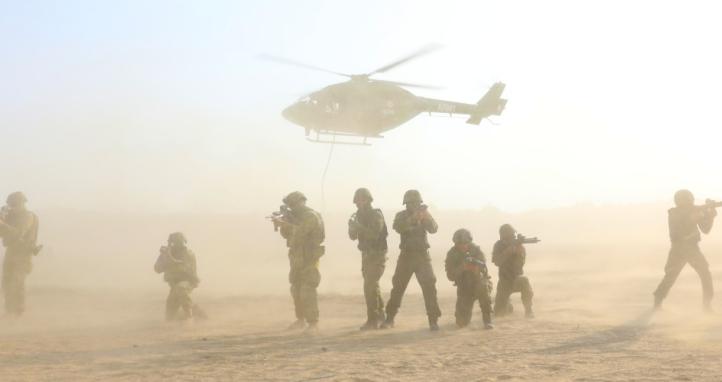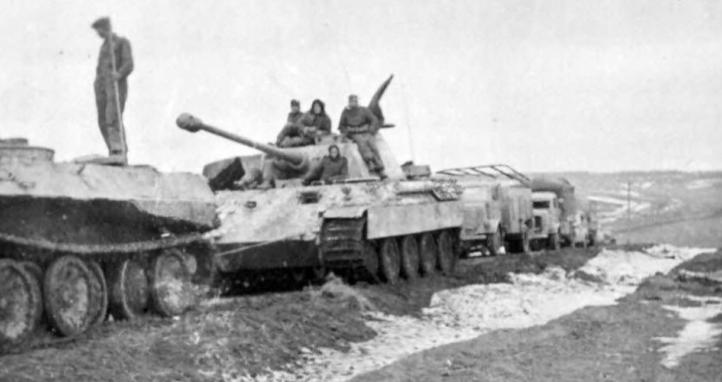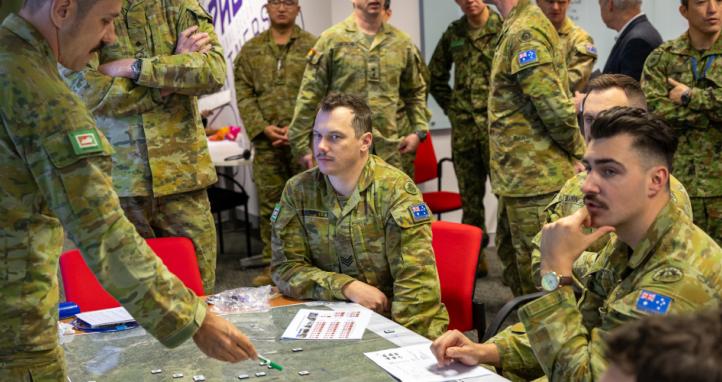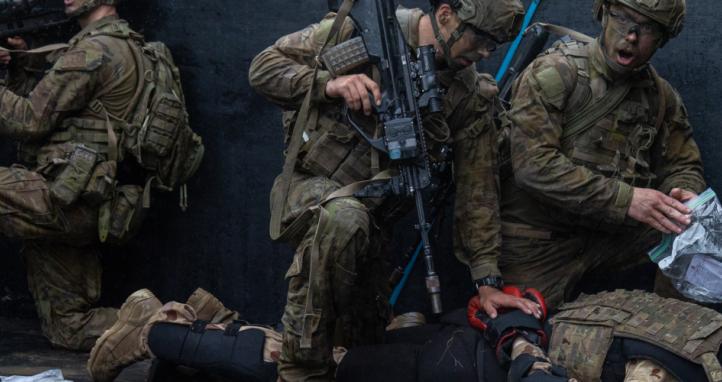See The Cove's article: Preparing for the Future: Key Organisational Lessons from the Afghanistan Campaign. It contains an exclusive interview with MAJGEN Andrew Hocking and a CoveTalk presentation on the study. Organised into five focus areas, this study identifies 21 key organisational-level lessons and provides 50 associated recommendations aimed at making the ADF future ready.
It was difficult to see the fall of Kabul in August last year and not conclude the obvious: Australia’s longest contribution to a war, ended in failure. Such a statement though wouldn’t do justice to the over 39,000 ADF and Defence civilians who served there.
With any failure must come a time for reflection, to ask ourselves the hard questions and be prepared to learn so that we’re prepared for the future.
The Chief of Defence Force’s commissioning of a lessons study by Major General Andrew Hocking seeks to do just this. The study, titled ‘Preparing for the Future: Key Organisations Lessons from the Afghanistan Campaign’, is a candid and at times confronting reflection on a war that ultimately cost 41 Australian lives and left countless others with long-lasting physical and mental scars.
Hocking begins with the obvious, that our contribution to NATO’s primary strategic objective, ensuring Afghanistan would never again become a safe haven for terrorists, was a failure. To gloss over this reality would have detracted from what is an honest account of the ADF’s contribution to this objective.
Yet, while the study pulls no punches in its observations, it also does well to highlight the many positives of the campaign and the areas of Defence that are undoubtedly more effective because of our time there. The development of intelligence functions, rapid acquisition cycles, force protection, and detainee management are just a few of the successes that significantly enhanced the ADF’s combat capability. The ADF clearly demonstrated that it could adapt to the war that it was fighting, and these observations deserve their place in this study.
More importantly, the study is forward focussed. It doesn’t dwell on lessons that have no bearing on the future conflicts that the ADF is likely to fight. Rather, it seeks to use this reflection as an opportunity to challenge us to learn from the past and be a better military as a result. No individual or organisation should be above this ability to provide an honest account of their failings. We owe it to all of those who come after us to provide this degree of scrutiny on our actions.
In this sense, the ADF should be commended for embarking on this journey amidst a flurry of negative news stories covering the darker moments of this campaign and the brutal reality of life today under Taliban rule. At 108 pages, the study is far from all-encompassing and pales in comparison to the US Army’s Iraq War reports which comprises two volumes of over 700 pages a piece. While its findings will certainly contribute to the official history of the Afghan campaign, its purpose is not to provide this historical account, but rather to continue the journey of learning from our past.
With five focus areas and 21 organisational-level lessons, the study provides 50 recommendations to assist the ADF in preparing for the future fight. Despite its operational and strategic focus, the study is applicable to a wide audience and touches on some enduring features of war from command and control to whole-of-government integration. The chapter on culture is perhaps most revealing and worthy of all serving practitioners’ time. Hocking challenges the reader to understand when positive culture can transform and become detrimental to the mission. When elite cultures become prone to exceptionalism, when tribalism detracts from teamwork, and when a tactical focus can de-value the importance of the operational and strategic levels of command.
Hocking’s views on the importance of understanding culture are clear when he extends the quote attributed to Peter Drucker, ‘culture eats strategy for breakfast’ to ‘culture eats everything for breakfast.’ To place such an emphasis on culture in this report, Hocking clearly sees its enduring importance for future conflicts and its ability to detract from the combat effectiveness of the ADF.
The study is a welcome contribution to the ADF’s journey to evolve its learning culture to ensure it can adapt faster than its adversaries. There are countless lessons to be learnt from Australia’s longest war and to not continue to capitalise on them would do a disservice to all those who served there and to those who never returned.
To hear from the author, have a listen to The Cove's podcast interview hosted by Captain Samuel Cox or MAJGEN Hocking's talk at the May 22 Chief of Army Leadership Seminar exclusively on The Cove.









